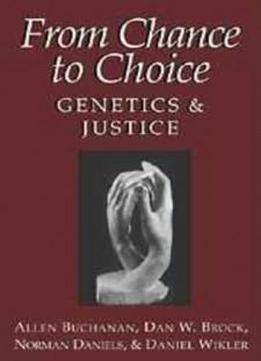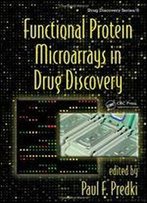
From Chance To Choice: Genetics & Justice
by Allen Buchanan /
2000 / English / PDF
16.9 MB Download
Written by four internationally renowned bioethicists, From Chance
to Choice is the first systematic treatment of the fundamental
ethical issues underlying the application of genetic technologies
to human beings. Probing the implications of the remarkable
advances in genetics, the authors ask how should these affect our
understanding of distributive justice, equality of opportunity, the
rights and obligations as parents, the meaning of disability, and
the role of the concept of human nature in ethical theory and
practice. The book offers a historical context to contemporary
debate over the use of these technologies by examining the eugenics
movement of the late 19th and early 20th centuries. In addition,
appendices explain the nature of genetic causation,
gene-environment interaction, and expose widespread misconceptions
of genetic determinism, as well as outlining the nature of the
ethical analysis used in the book. The questions raised in this
book will be of interest to any reflective reader concerned about
science and society and the rapid development of biotechnology, as
well as to professionals in such areas as philosophy, bioethics,
medical ethics, health management, law, and political science.
Written by four internationally renowned bioethicists, From Chance
to Choice is the first systematic treatment of the fundamental
ethical issues underlying the application of genetic technologies
to human beings. Probing the implications of the remarkable
advances in genetics, the authors ask how should these affect our
understanding of distributive justice, equality of opportunity, the
rights and obligations as parents, the meaning of disability, and
the role of the concept of human nature in ethical theory and
practice. The book offers a historical context to contemporary
debate over the use of these technologies by examining the eugenics
movement of the late 19th and early 20th centuries. In addition,
appendices explain the nature of genetic causation,
gene-environment interaction, and expose widespread misconceptions
of genetic determinism, as well as outlining the nature of the
ethical analysis used in the book. The questions raised in this
book will be of interest to any reflective reader concerned about
science and society and the rapid development of biotechnology, as
well as to professionals in such areas as philosophy, bioethics,
medical ethics, health management, law, and political science.











